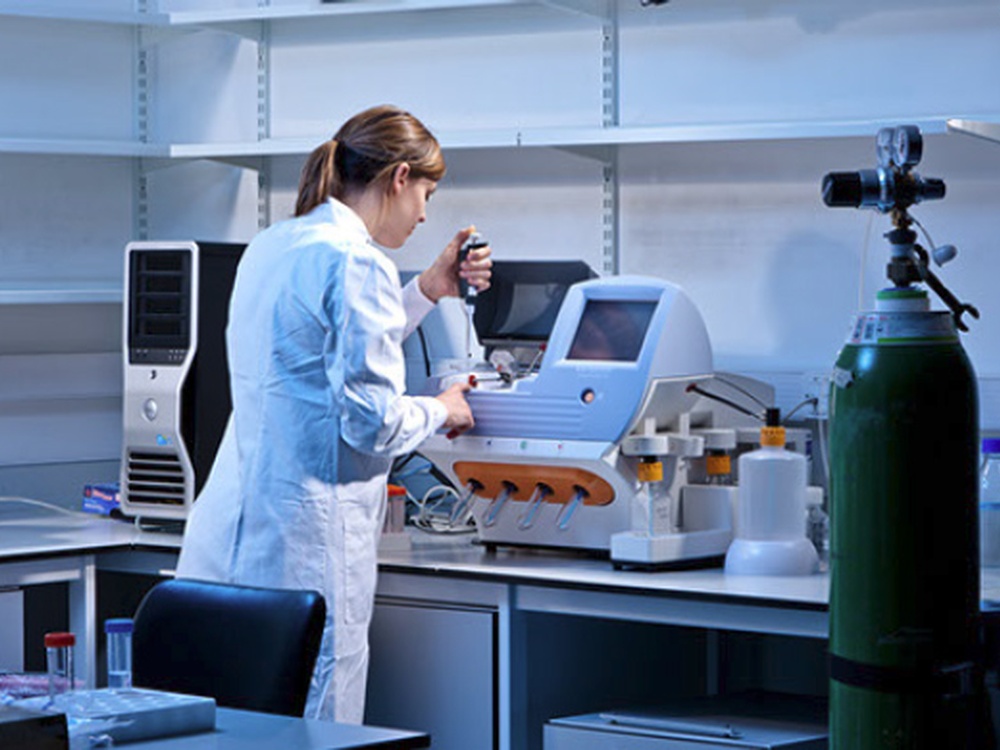The two studies are the successful applicants of the charity's 2021/22 funding call, which awards grants to the most promising evidence-based mitochondrial research proposals.
The new projects are a study at Newcastle University to test the efficacy of using remote microphones (assisted listening devices) to help adult mitochondrial disease patients affected by hearing loss and a study at UCL to test a ground-breaking Deoxynucleoside treatment using mouse models of mitochondrial disease.
The studies are both based in the UK and led by leading experts in the field of mitochondrial disease.
Thanks to the generous donations and incredible fundraising efforts of Lily families and supporters, the charity has been able to award a total of £178,000 of research funding this year.
All Lily funding applicants are subject to a rigorous peer review process, and all research must also be approved by the Health Research Authority (HRA).
The Lily Foundation is proud to be the largest charitable funder of mitochondrial research in Europe. To date, the charity has invested over £2.8 million into researching potential treatments or a cure for mitochondrial disease.
To find out more about the latest research projects funded by The Lily Foundation visit our Lily research web page. You can also read our recent interview with Antonella Spinazzola, the neurologist behind the UCL project.

